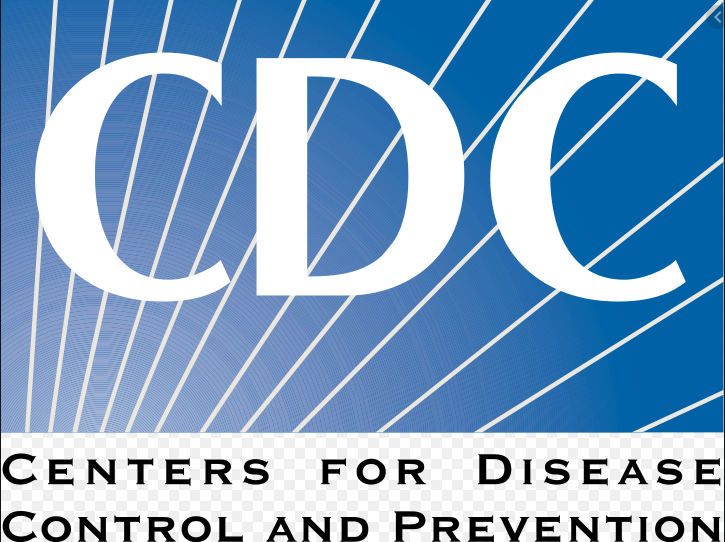Today, the Centers for Disease Control and Prevention (CDC) issued its first set of recommendations on activities that people who are fully vaccinated against COVID-19 can safely resume.
The new guidance—which is based on the latest science — includes recommendations for how and when a fully vaccinated individual can visit with other people who are fully vaccinated and with other people who are not vaccinated. This guidance represents a first step toward returning to everyday activities in our communities. CDC will update these recommendations as more people are vaccinated, rates of COVID-19 in the community change, and additional scientific evidence becomes available.
“We know that people want to get vaccinated so they can get back to doing the things they enjoy with the people they love,” said CDC Director Rochelle P. Walensky, MD, MPH. “There are some activities that fully vaccinated people can begin to resume now in their own homes. Everyone – even those who are vaccinated – should continue with all mitigation strategies when in public settings. As the science evolves and more people get vaccinated, we will continue to provide more guidance to help fully vaccinated people safely resume more activities.”
CDC encourages people to get vaccinated with the first available FDA-authorized COVID-19 vaccine to protect themselves and to help bring the pandemic to a close. The currently authorized vaccines by the Food and Drug Administration (FDA) are safe and highly effective at preventing serious COVID-19 illness, hospitalization, and death.
A growing body of scientific evidence also suggests that fully vaccinated people are less likely to have asymptomatic infection and are potentially less likely to transmit SARS-CoV-2, the virus that causes COVID-19, to other people. Therefore, fully vaccinated people can safely take fewer precautions in certain situations.
Specifically, CDC’s guidance today recommends that fully vaccinated people can do the following:
- Visit with other fully vaccinated people indoors without wearing masks or staying 6 feet apart.
- Visit with unvaccinated people from one other household indoors without wearing masks or staying 6 feet apart if everyone in the other household is at low risk for severe disease.
- Refrain from quarantine and testing if they do not have symptoms of COVID-19 after contact with someone who has COVID-19.
A person is considered fully vaccinated two weeks after receiving the last required dose of vaccine. Although vaccinations are accelerating, CDC estimates that just 9.2% of the U.S. population has been fully vaccinated with a COVID-19 vaccine that the FDA has authorized for emergency use.
While the new guidance is a positive step, the vast majority of people need to be fully vaccinated before COVID-19 precautions can be lifted broadly. Until then, it is important that everyone continues to adhere to public health mitigation measures to protect the large number of people who remain unvaccinated.
CDC recommends that fully vaccinated people continue to take these COVID-19 precautions when in public, when visiting with unvaccinated people from multiple other households, and when around unvaccinated people who are at high risk of getting severely ill from COVID-19:
- Wear a well-fitted mask.
- Stay at least 6 feet from people you do not live with.
- Avoid medium- and large-sized in-person gatherings.
- Get tested if experiencing COVID-19 symptoms.
- Follow guidance issued by individual employers.
- Follow CDC and health department travel requirements and recommendations.
CDC has released resources to help people make informed decisions when they are fully vaccinated.

